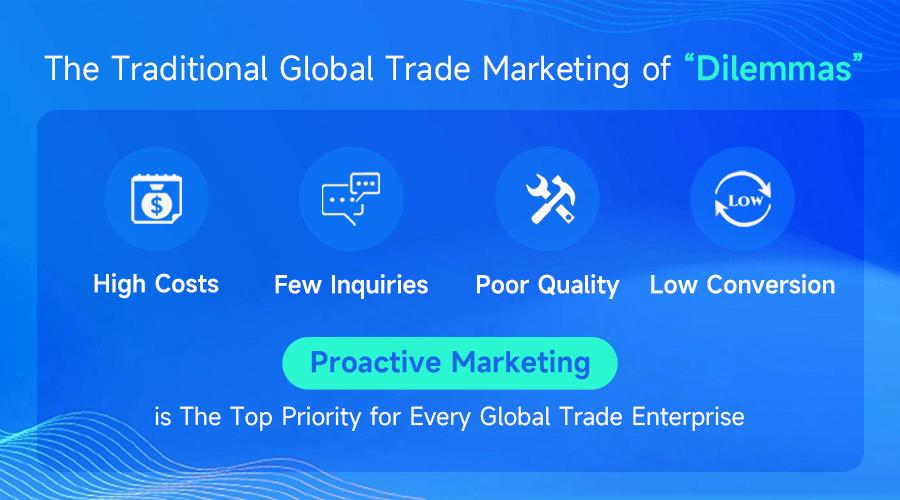 Import News
Import News
 30-01-2024
30-01-2024
Germany, known for its world-class automotive innovation, is home to some of
the most coveted car brands globally. The question often arises: can you import
car from Germany to the USA? While the U.S. and the EU maintain favorable trade
relations, importing German vehicles involves considerations and compliance with
U.S. transportation laws.

Popular Imported Brands:
- Audi
- BMW (Bayerische Motoren Werke)
- Porsche
- Mercedes-Benz
- Volkswagen
The German automotive industry leads in innovation, design, and meeting consumer demands, driving the popularity of these machines in the U.S. market. However, irrespective of their popularity, these vehicles must adhere to our laws to clear customs.
The U.S. Customs and Border Protection (CBP) verifies compliance with regulations set by the Department of Transportation (DOT) and the Environmental Protection Agency (EPA), including:
- Motor Vehicle Safety Act of 1966
- Imported Vehicle Safety Compliance Act of 1988
- Motor Vehicle Information and Cost Savings Act of 1972
- Clean Air Act of 1968
For the safety and well-being of all Americans, these regulations have been voted into law. Nonetheless, checking the vehicle import eligibility is crucial before commencing the import process.
Non-Allowed or Non-Elected Minor German Car Brands:
- Artega
- Bitter
- Borgward
- Gumpert
- Lotec
- RUF
Import Process Overview:
1. Verify if your vehicle is eligible for import into the U.S. or if modifications are required to meet U.S. standards for non-compliant but eligible vehicles.
2. Submit DOT registration as an importer, sign contracts to modify the vehicle, and prove compliance with all Federal Motor Vehicle Safety Standards (FMVSS) and emission standards.
3. Understand the costs associated with importing a vehicle, including shipping fees and insurance during transportation, port fees upon arrival, transportation, storage, and delivery fees, tariffs, taxes, and charges like the gas-guzzler tax, cleaning foreign objects off the undercarriage, and state-specific registration and insurance requirements.
4. Choose an international car import company and preferred shipping method to transport your vehicle from Germany to the USA.
5. Determine the departure and destination ports for your vehicle.
6. Confirm a clean undercarriage for the vehicle.
7. If you intend to register your vehicle for road use in the USA, it should have international registration markings, or if you're a U.S. resident, you will need to register your vehicle with the DMV in your residing state.
Key Considerations for Importing Cars from Germany to the USA:
Importing cars from Germany is not a straightforward process. Numerous variables affect legality and import costs. When importing a car to the USA, compliance is crucial.
Thoroughness during the import process is crucial. Any inconsistencies during transportation may result in additional costs, delays, or even the seizure of your goods. Time is of the essence during imports, and any oversight may come at a high cost.
1. DOT Import Requirements:
Before considering importing a car into the USA, you must ensure early compliance with all import regulations. DOT import requirements stipulate that all imported motor vehicles must have certification labels complying with the regulations outlined in 49 CFR Part 567.
Consider the DOT import requirements in 49 CFR Part 567:
- Import requirements of the National Traffic and Motor Vehicle Safety Act of 1966 and the Vehicle Safety Act of 1986.
- Import requirements of the Motor Vehicle Information and Cost Savings Act of 1972.
- Vehicles must comply with federal motor vehicle bumper standards, anti-theft standards, and all safety standards.
2. Cost of Importing Cars from Germany:
Importing cars from Germany comes at a significant cost. On average, importing a car from Europe costs between $1800 and $3500 per vehicle, and that's just the shipping cost.
Another variable to consider is the import duty levied when the car enters a U.S. port. The import duty is the responsibility of the property owner (consignor). This duty serves as a tax designed to make cheaper foreign products less appealing.
Explanation of duty costs:
- The duty rate is calculated as 2.5% of the total vehicle value.
- For example, the duty rate for importing a Porsche 911 will be higher than that for a Volkswagen Golf GTI.
Ultimately, the cost of importing cars from Germany can vary. The only static cost figure is the 2.5% duty on the vehicle's value. Importers must contend with fluctuating shipping costs, variable tax rates based on the vehicle's value, and details of arranging transportation and customs clearance. Import consultants can help address any issues, and import brokers can facilitate the entire process.
How can Importers/Exporters Proactively develop Customers?
The standards for developing customers for import and export enterprises can be measured from the following data dimensions: purchase volume, profit margin, payment terms, product styles and quality matching, long-term procurement stability, loyalty, procurement potential, communication guidance intensity, local brand influence, risk resistance, and corporate credit rating, etc. Collecting sufficient big data on high-quality customers and creating accurate "profiles" for them has become an indispensable choice for actively developing customers. (>>> Click to Apply for a Free Demo)
With precise customer "profiles" in hand, the next step is to proactively analyze and clarify the other party's needs. Customer development can follow the "5W+1H" principle: What (what does the customer want to purchase), Why (why do they want to purchase), When (when will the purchase take place), Where (from where to make the purchase), Who (who ultimately decides the purchase), and How much (what is the procurement budget). By addressing these six points with relevant questions in the communication process, progress can be made step by step, leading to the formulation of market and pricing strategies and reducing decision-making errors. (>>> Click to Apply for a Free Demo)

Category
Leave Message for Demo Request or Questions


 T-info
T-info T-discovery
T-discovery

 My
Tendata
My
Tendata Market Analysis
Market Analysis Customer
Development
Customer
Development Competitor
Monitoring
Competitor
Monitoring Customer Relationship
Customer Relationship





































































































































